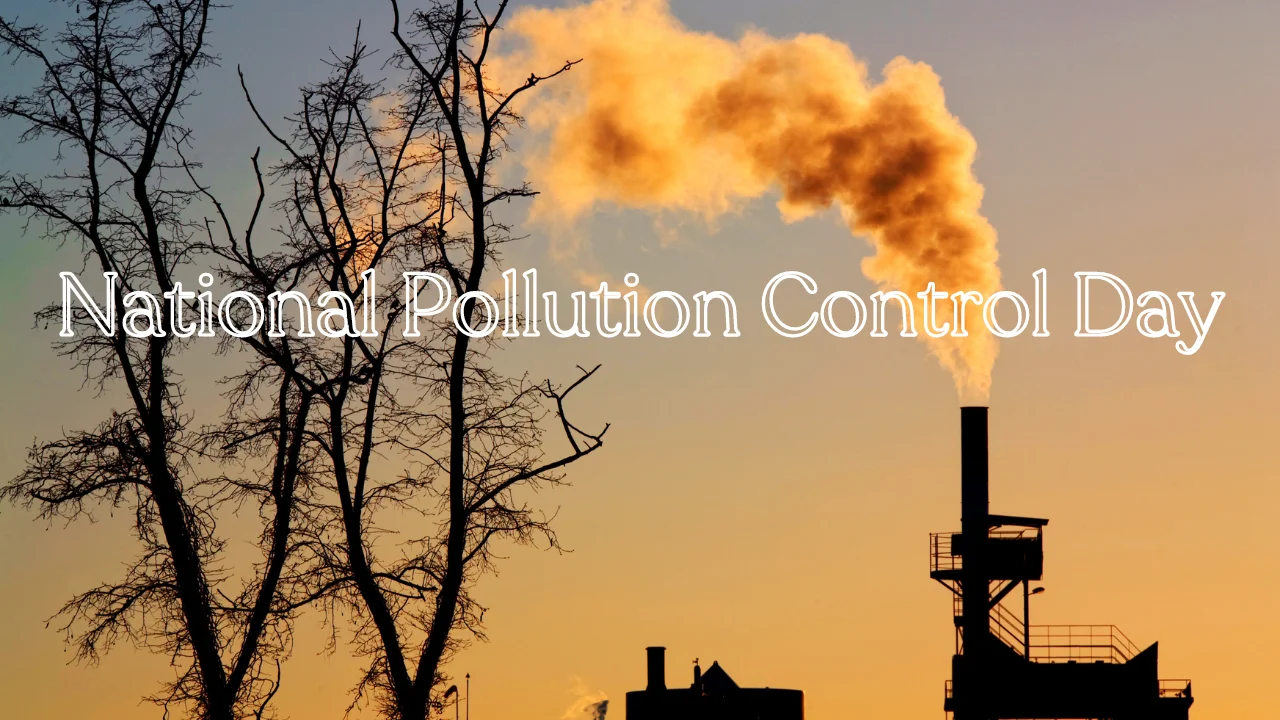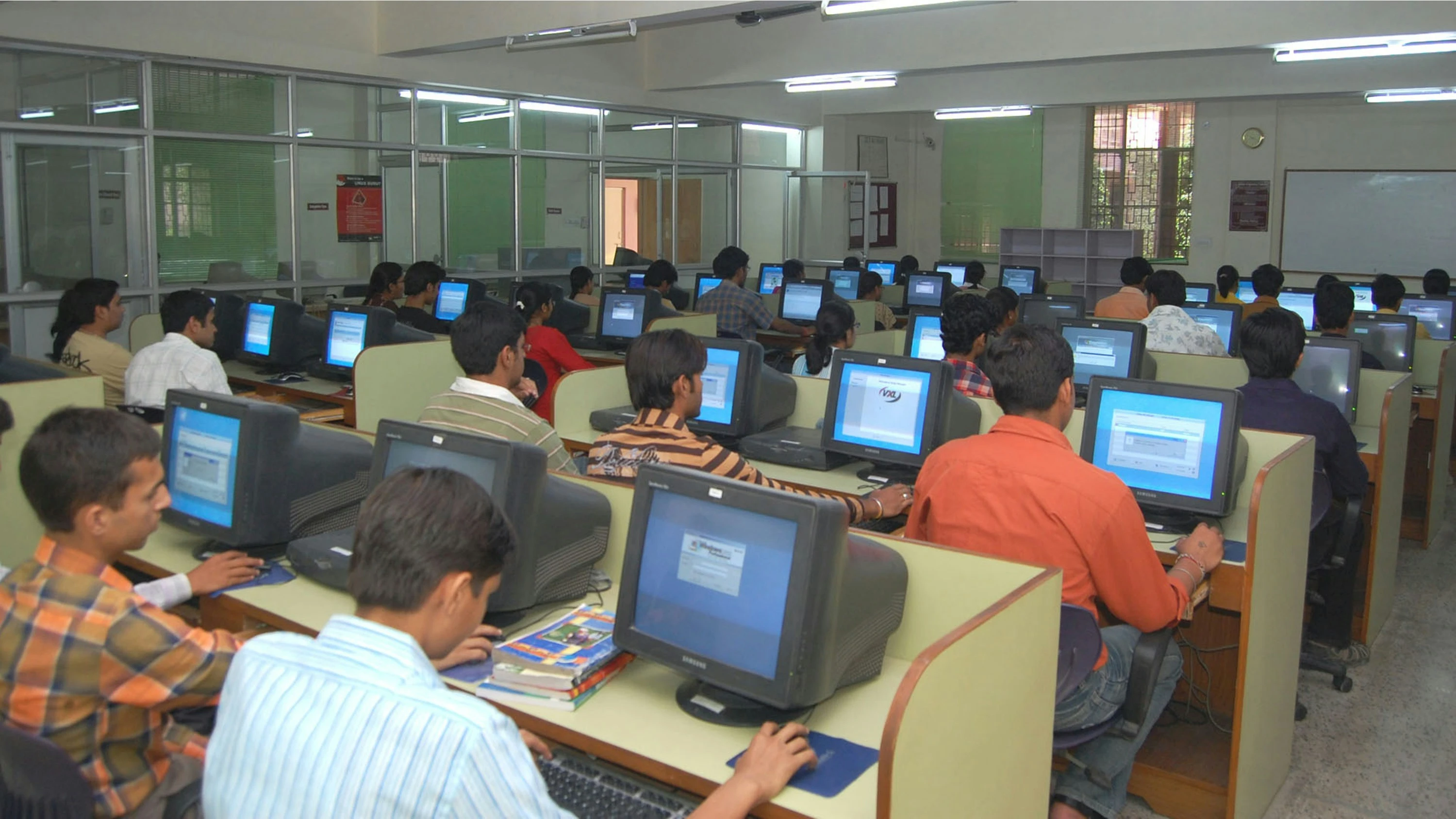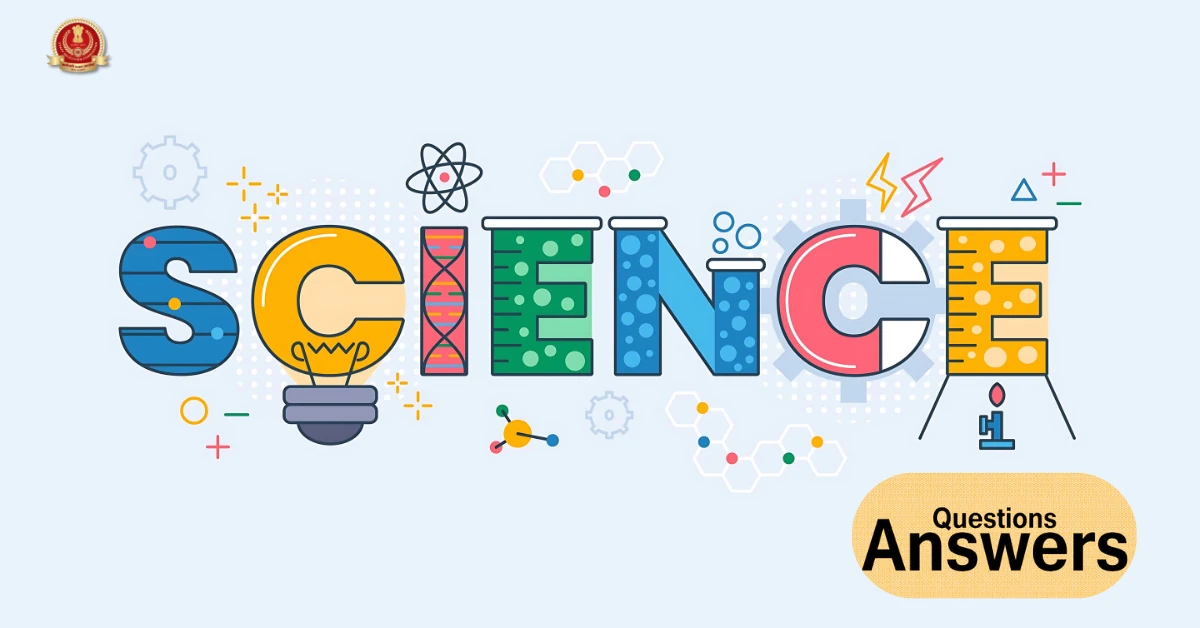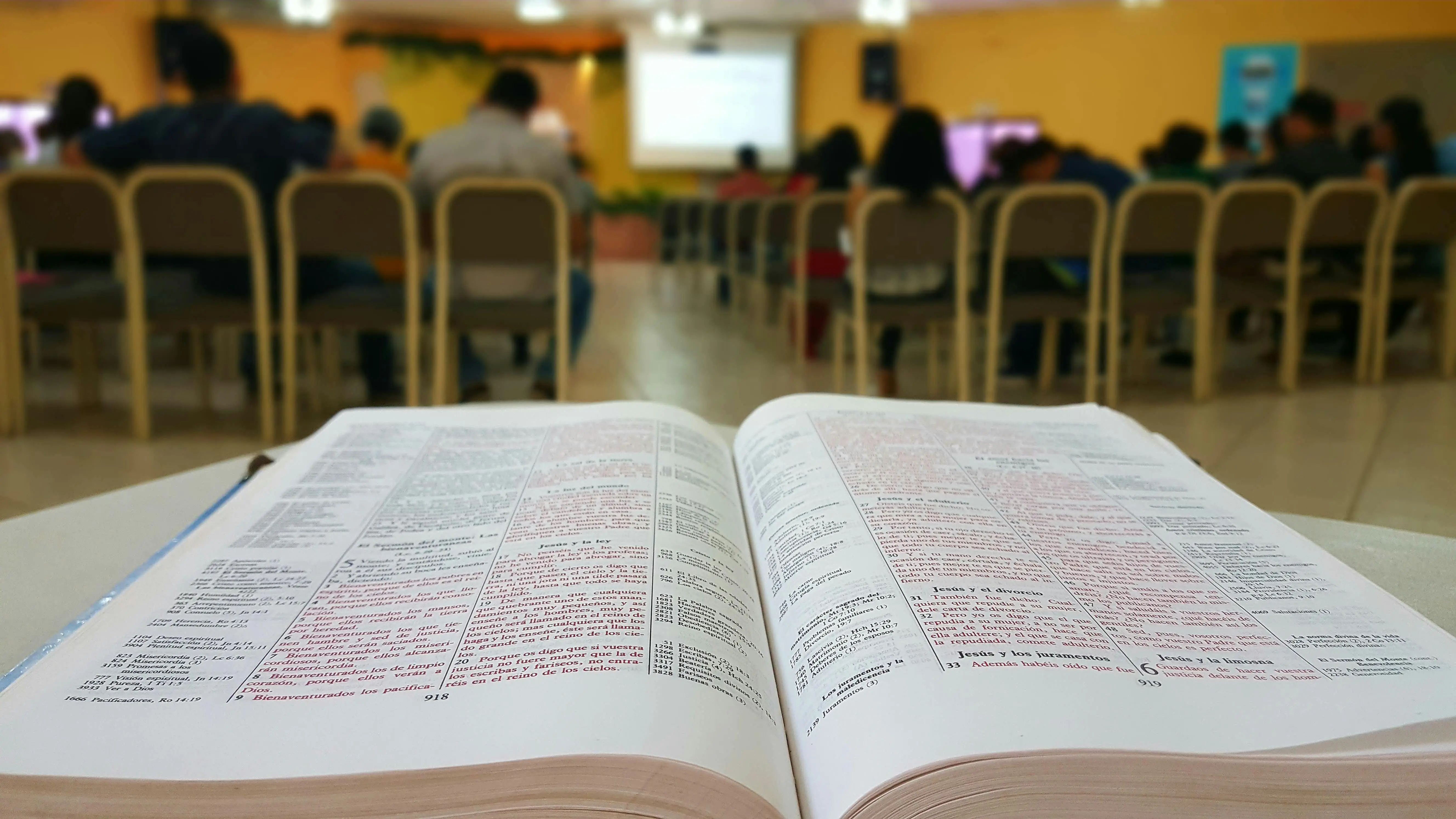National Pollution Day
National Pollution Control Day is on December 2nd each year. It reminds us about the serious problem of pollution and how we can stop it. This day is important because of the Bhopal Gas Tragedy in 1984, which was really bad. We need to learn from it and make sure it doesn’t happen again. National Pollution Control Day tells us we all need to take care of the earth. We should use less harmful things and follow rules to keep the air, water, and soil clean. Everyone can help by being responsible and learning how to be kind to the environment.
National Pollution Control Day 2023
National Pollution Control Day is observed annually on December 2nd to raise awareness about the importance of controlling and reducing pollution to protect the environment and human health. The day commemorates the Bhopal gas tragedy of 1984, a catastrophic industrial accident that caused widespread death and environmental damage.
National Pollution Control Day 2023 Theme
The theme for National Pollution Control Day 2023 is “Sustainable Development for a Clean and Healthy Planet”. This theme emphasizes the interconnectedness of environmental protection and sustainable development. It underscores the need for adopting environmentally friendly practices to achieve sustainable development and ensure a healthy planet for future generations.
Key Challenges and Solutions
Pollution remains a major global challenge, posing significant threats to human health and ecosystems. Air pollution, water pollution, and soil pollution are among the most pressing concerns. They contribute to respiratory illnesses, waterborne diseases, and environmental degradation.
To address these challenges, a multi-pronged approach is essential, encompassing:
- Environmental Regulations: Enforcing stricter environmental regulations and standards to control emissions and discharges from industries and other sources.
- Promoting Sustainable Practices: Encouraging the adoption of sustainable practices in industries, agriculture, and transportation, such as using cleaner technologies and reducing resource consumption.
- Public Awareness and Education: Raising public awareness about the causes and consequences of pollution, promoting responsible behavior, and encouraging participation in environmental protection initiatives.
- Investing in Research and Development: Supporting research and development of innovative technologies and solutions for pollution control and environmental protection.
Individual Actions for a Cleaner Environment
While large-scale environmental initiatives are crucial, individual actions also play a significant role in reducing pollution and promoting a cleaner environment. Here are some simple yet impactful steps you can take:
- Reduce Energy Consumption: Switch to energy-efficient appliances, conserve water, and adopt eco-friendly habits at home.
- Choose Sustainable Transportation: Opt for public transportation, cycling, walking, or carpooling whenever possible to reduce your carbon footprint.
- Minimize Waste Generation: Practice waste reduction, reuse, and recycling to divert waste from landfills and conserve resources.
- Support Sustainable Businesses: Choose products and services from companies committed to environmental sustainability and ethical practices.
- Spread Awareness and Encourage Action: Educate others about pollution issues, promote eco-friendly practices, and encourage others to take action.
National Pollution Control Day serves as a reminder that collective action and individual responsibility are essential to tackle pollution challenges and create a cleaner, healthier planet for all. Let’s join hands to safeguard our environment for a sustainable future.
History of National Pollution Control Day
The origins of National Pollution Control Day can be traced back to the Bhopal gas tragedy of 1984, a catastrophic industrial accident that occurred in the city of Bhopal. The tragedy resulted in the release of methyl isocyanate, a highly toxic gas, from the Union Carbide India Limited (UCIL) pesticide plant. The gas cloud engulfed the surrounding neighborhoods, causing widespread death and injury.
In response to the tragedy, the Government of India designated December 2nd as National Pollution Control Day to raise awareness about the importance of controlling and reducing pollution to protect the environment and human health. The day serves as a somber reminder of the Bhopal gas tragedy and the devastating consequences of pollution.
Since its inception, National Pollution Control Day has become a platform to highlight the importance of environmental protection and sustainable practices. It has also prompted governments, organizations, and individuals to take action to address pollution challenges and promote a cleaner environment.
Bhopal Gas Tragedy of 1984
The Bhopal Gas Tragedy was an industrial disaster that occurred in the city of Bhopal, MP, on the night of December 2, 1984. It resulted in the release of methyl isocyanate (MIC), a highly toxic gas, from the Union Carbide India Limited (UCIL) pesticide plant. The gas cloud engulfed the surrounding neighborhoods, causing widespread death and injury.
Cause of the Tragedy
The cause of the Bhopal Gas Tragedy was a combination of factors, including:
- Design flaws: The UCIL pesticide plant had several design flaws that made it vulnerable to accidents. For example, the plant’s safety systems were inadequate, and the storage tanks for MIC were not properly designed.
- Maintenance lapses: The UCIL plant had a history of maintenance lapses, which contributed to the buildup of pressure in the MIC storage tanks.
- Human error: The tragedy was also caused by human error. A safety system that was supposed to automatically halt production if the pressure in the MIC storage tanks became too high failed to operate properly. Additionally, plant operators ignored warning signs that indicated that the pressure in the tanks was rising dangerously high.
Impact of the Tragedy
The Bhopal Gas Tragedy was one of the world’s worst industrial disasters. The immediate death toll was between 3,800 and 4,000 people. Thousands more people were injured, many of whom suffered permanent disabilities. The tragedy also had a devastating impact on the environment, contaminating the soil and water in the surrounding area.
Legal and Compensation Efforts
The Union Carbide Corporation, the parent company of UCIL, was sued by the Indian government and the victims of the tragedy. In 1989, Union Carbide agreed to pay $470 million to the Indian government to settle the lawsuits. However, many victims and their families believe that the compensation was not enough. They still continue to seek justice for the tragedy.
Legacy of the Tragedy
The Bhopal Gas Tragedy is a stark reminder of the dangers of industrial pollution. The tragedy has also had a significant impact on the development of environmental regulations in India and around the world.
In recent years, there has been some progress in cleaning up the site of the Bhopal Gas Tragedy. However, environmental contamination is still a serious problem. It is likely to take many years to fully remediate the site.
The Bhopal Gas Tragedy is a tragedy that should never be forgotten. It is a reminder of the importance of safety in industry and of the need to hold companies accountable for their actions.
Significance of National Pollution Prevention Day
National Pollution Control Day holds immense significance in raising awareness about the detrimental effects of pollution and the collective responsibility to protect our environment. It serves as a poignant reminder of the Bhopal gas tragedy and the devastating consequences of unchecked pollution.
Key Objectives of National Pollution Control Day
- Raising Public Awareness: The primary aim of National Pollution Control Day is to raise public awareness about the causes, consequences, and prevention of pollution. It aims to educate people about the impact of pollution on their health, the environment, and the planet as a whole.
- Encouraging Sustainable Practices: The day promotes the adoption of sustainable practices in various aspects of life, from personal habits to industrial processes. It encourages people to reduce their carbon footprint, conserve resources, and adopt eco-friendly alternatives.
- Strengthening Environmental Regulations: The day underscores the importance of implementing stricter environmental regulations and enforcing existing ones. It calls for the development of effective policies and measures to control pollution from various sources.
- Promoting Technological Advancements: National Pollution Control Day encourages research and development of innovative technologies for pollution control and environmental protection. It highlights the need for cleaner technologies and sustainable solutions.
- Fostering Community Engagement: The day emphasizes the role of individuals and communities in tackling pollution. It encourages participation in environmental protection initiatives, such as clean-up drives, waste management programs, and energy conservation efforts.
Collective Action for a Sustainable Future
National Pollution Control Day serves as a call to action, urging individuals, communities, businesses, and governments to work together to address pollution challenges. It emphasizes the need for a multi-pronged approach that encompasses awareness, regulation, innovation, and sustainable practices.
By taking collective action, we can create a healthier, more sustainable environment for ourselves and future generations. Let us strive to reduce our impact on the planet, promote eco-friendly practices, and support the development of cleaner technologies. Together, we can create a brighter future for our planet.
- SIDBI Grade B Notification 2025 Out For 26 Manager Post
- SSC CGL Tier 2 Weightage of English and Quants, Check Here
- 7 Tips for Staying Motivated during SSC CGL Exam Preparation
- General Science Question for SSC CGL Exam, Attempt Here
- SIDBI Grade B Syllabus & Exam Pattern 2025, Download PDF
- Important Topics From Modern History, Marathas, British Conquest

Hello, I’m Aditi, the creative mind behind the words at Oliveboard. As a content writer specializing in state-level exams, my mission is to unravel the complexities of exam information, ensuring aspiring candidates find clarity and confidence. Having walked the path of an aspirant myself, I bring a unique perspective to my work, crafting accessible content on Exam Notifications, Admit Cards, and Results.
At Oliveboard, I play a crucial role in empowering candidates throughout their exam journey. My dedication lies in making the seemingly daunting process not only understandable but also rewarding. Join me as I break down barriers in exam preparation, providing timely insights and valuable resources. Let’s navigate the path to success together, one well-informed step at a time.






